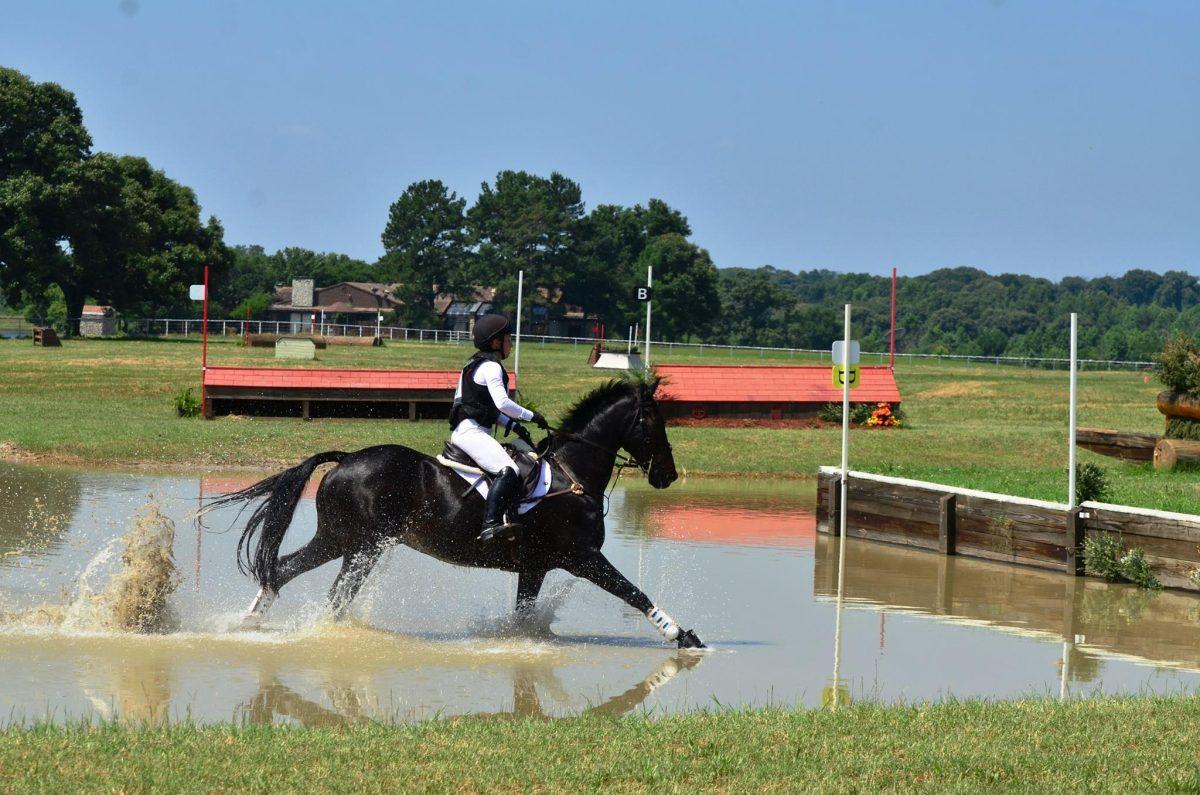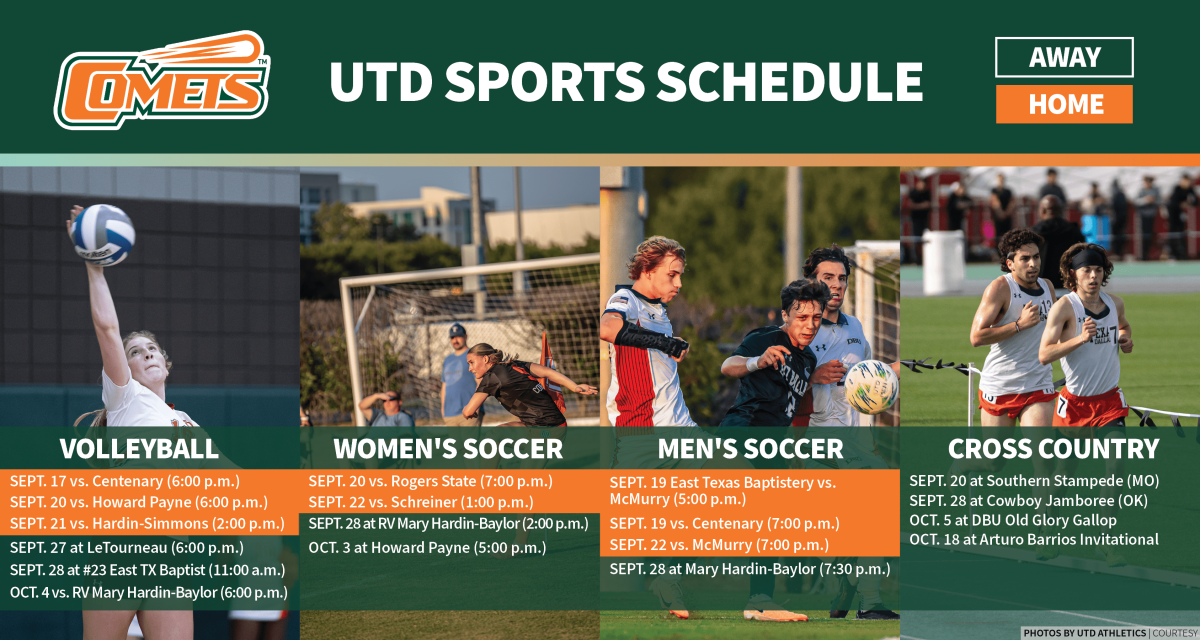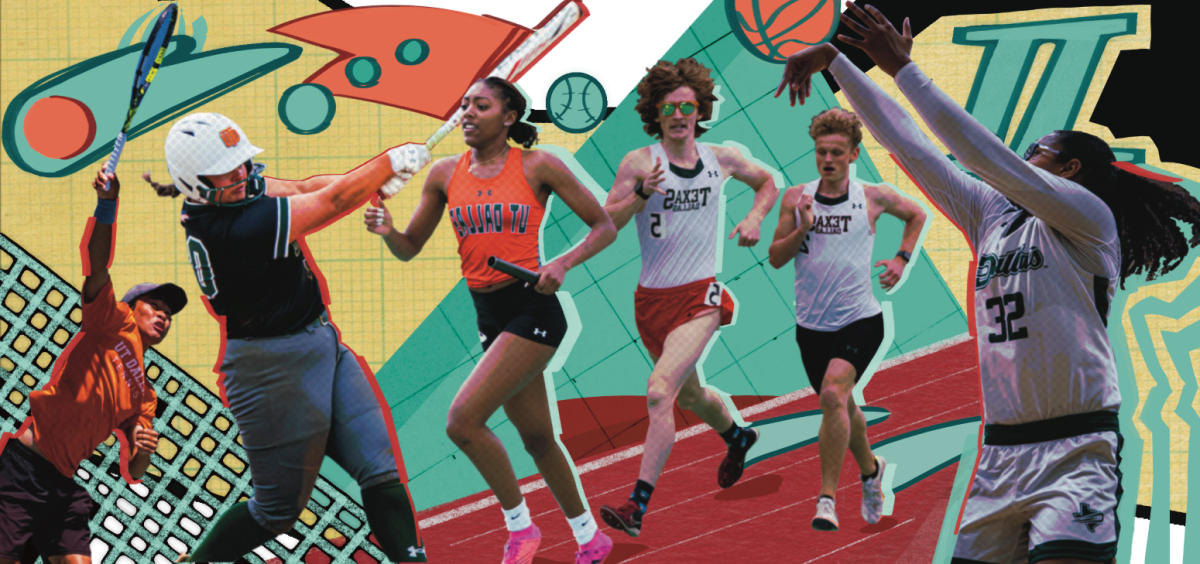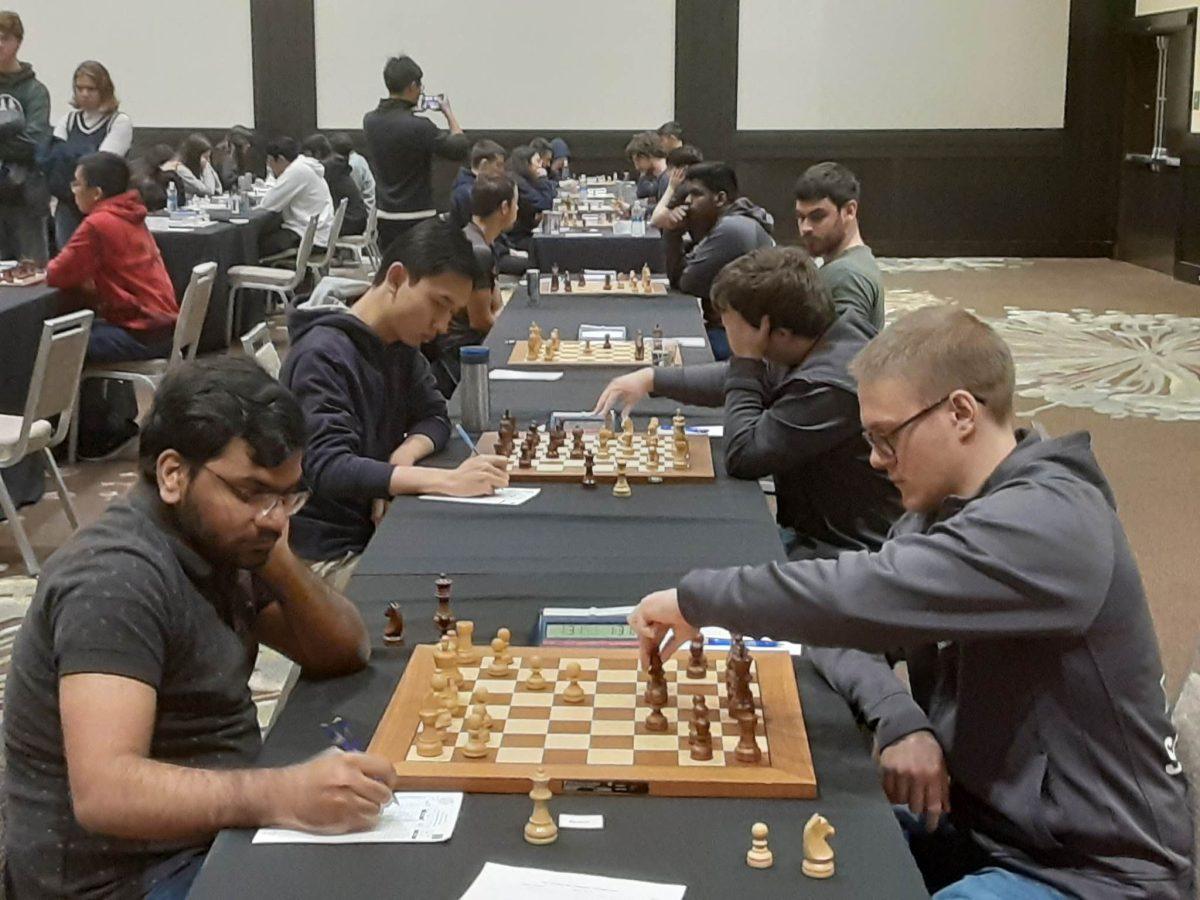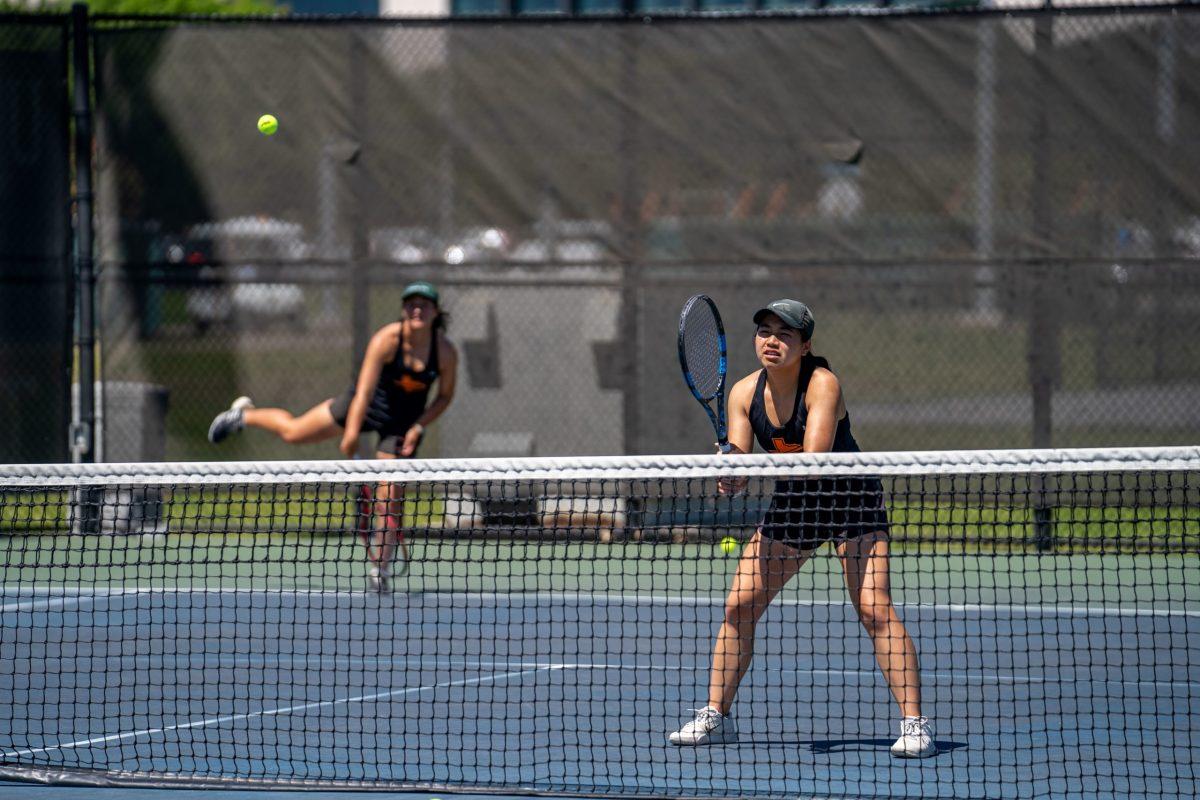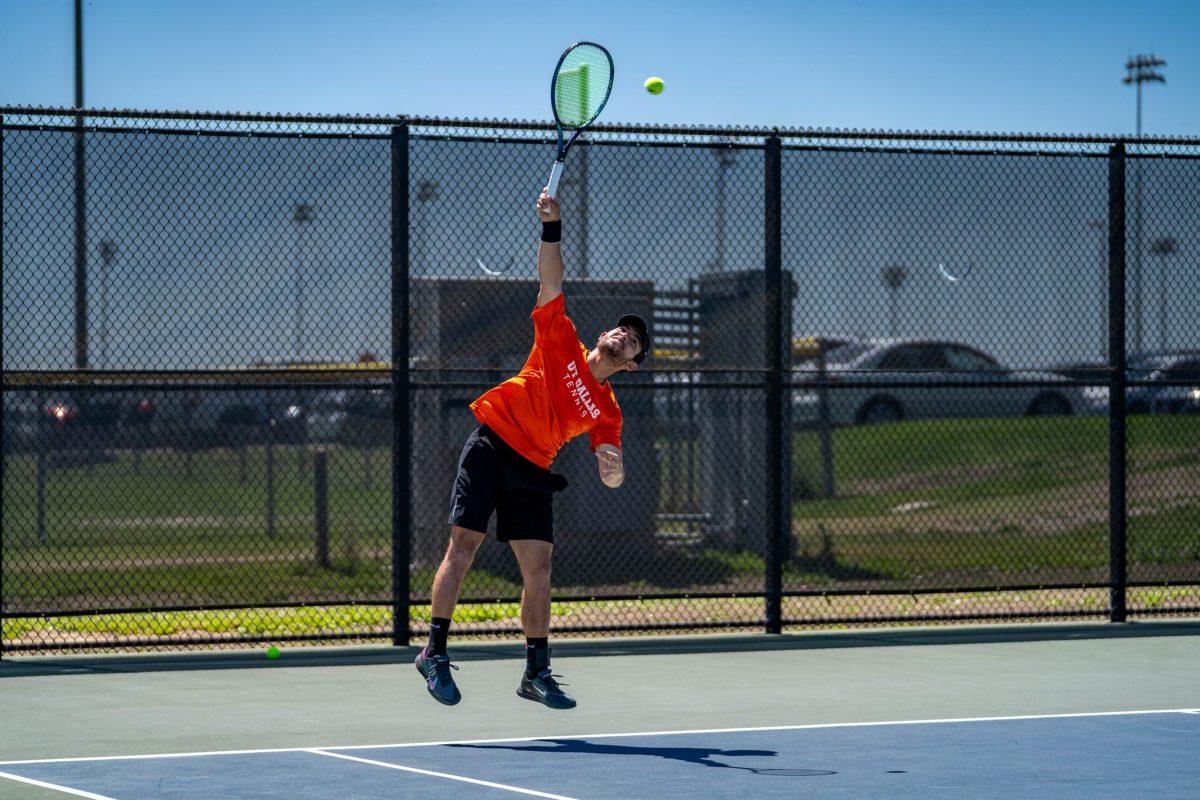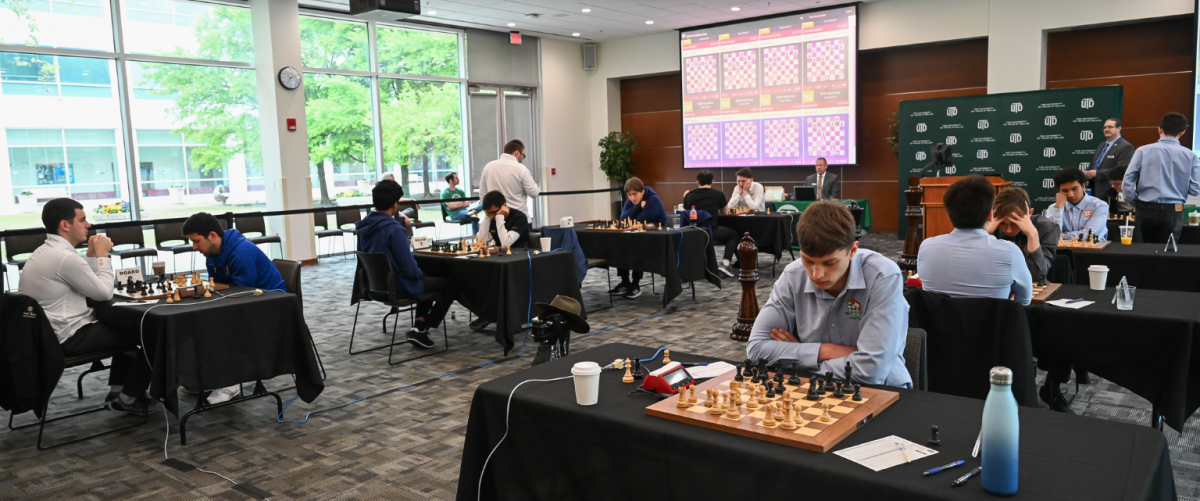Lauren Hoover and Blackie have known each other for four years. They have trained countless hours together, competed on international stages and occasionally experienced bumps in their relationship. Blackie is Hoover’s show horse.
Hoover, an accounting junior, is a competitive horseback rider. She didn’t get involved with the sport until her junior year in high school. She said her friends started going to shows and that eventually piqued her interest. She competes both domestically and internationally against other riders over the course of several days.
“There are three different components to a competition,” she said. “You have a flatwork phase called dressage, a jumping phase where you’re in an arena jumping fences that can fall down and then the third phase is the cross-country phase and you’re basically galloping through the woods or a big field, jumping fences or jumping into and out of water.”
The months leading up to a competition can be especially grueling and the training regimen depends on the level of difficulty of the specific course where the competition is being held.
“I’ve gotten Blackie ready for a show that was at the international level but it was here in Texas,” Hoover said. “It required a ton of conditioning and a crazy amount of riding. Sometimes I would ride Blackie twice a day — before and after school. But that’s not very common. You’ll have six weeks (of training) leading up to a show and that’ll be the first show of the season. Once you get those six weeks (out of the way) it’s easier to maintain in between.”
Riders don’t get to see the course they will be competing in until a few days before the competition is set to begin. Hoover said those days are especially stressful and a horse’s mood on a given day can make or break a competition for any rider.
“(Horses) are animals and they don’t care about competition or anything like that,” she said. “You could have them at a show and they could be having a bad day for all you know. Our job as riders is to ride whatever horse we get that day — bad mood or not — and be ready to compete. Not to mention you’re dealing with your own stress.”
Hoover currently owns two horses, the one she rides competitively and the first horse she ever bought when she learned to ride, which she now leases out to other beginning riders. Maintaining her horses requires a bit more work than a typical house pet.
“It’s a bit of a commitment,” Hoover said. “I go out to the barn practically every single day. They need quite a bit of exercise. So we do all that fitness work and conditioning to get them ready for shows so they can compete to their best potential. They eat as much as they can. If we just gave them food (all day) they’d eat it, but (would) get sick.”
However, she said the bond between a horse and his or her rider is inseparable.
“Our relationship is incredibly close,” Hoover said. “Blackie knows his name and he knows my voice. So if I yell out his name, he’ll be like, ‘Oh, here she comes.’ It can be difficult to ride a horse that one person has ridden for a very long time. It’s hard to switch riders for particular horses.”
Hoover said the horseback riding community shares a tight bond, in part because of the emotional highs and lows that a rider can experience. She recounted a particular time when her horse injured itself in the pasture, forcing her to withdraw from a competition. She said it happens to everyone and it only brings everyone closer together.
Since horseback riding takes a great deal of her time, Hoover said it can be hard to balance it with school. In the end she makes it work.
“It’s just a time management test,” she said. “As long as you can manage your time you can do anything.”
Hoover has set some goals for herself for the future, and shares how they keep her going in a sport that can take decades to truly “master.”
“There’s another show in Florida this November at the international level, so I’m hoping to redeem myself from my initial one,” she said. “Long-term, I hope to move up another level. If I do that I would be so happy.”

